|
While developed countries jockey for the millions of COVID-19 vaccine doses available every day, most developing ones have few vaccines to offer. Many countries in Africa, for example, have vaccinated fewer than 1% of their populations.
Part of the problem is that wealthier countries have already snagged most of the supplies being produced by the major vaccine makers. To get more people vaccinated and help end the pandemic, India and South Africa want the World Trade Organization to waive intellectual property rights so companies around the world can produce the vaccines. As you might expect, the countries where some of the biggest vaccine makers are based – such as the U.S. and U.K. – have objected to this idea.
University of Dayton law professor Dalindyebo Shabalala says there’s another way to solve the problem, one that would help get more vaccines into the arms of people in poorer countries without sacrificing drugmakers’ patent protections.
|
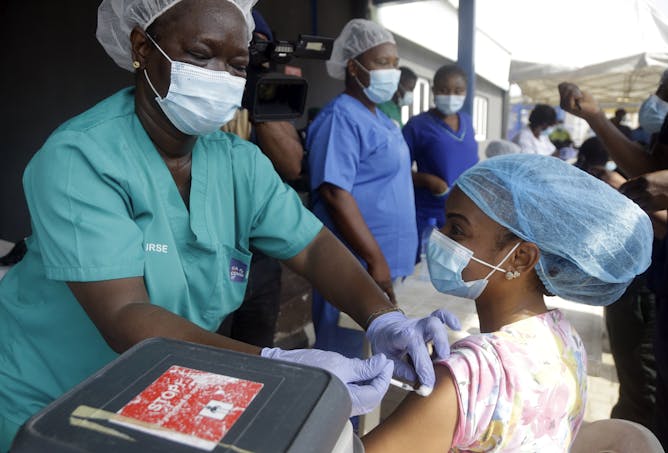
Hospital staff in Lagos, Nigeria, administer the AstraZeneca vaccine.
AP Photo/Sunday Alamba
Dalindyebo Shabalala, University of Dayton
India and South Africa are pressing the World Trade Organization to waive patent rights to help ramp up vaccine production. There's a better solution.
|
Business + Economy
|
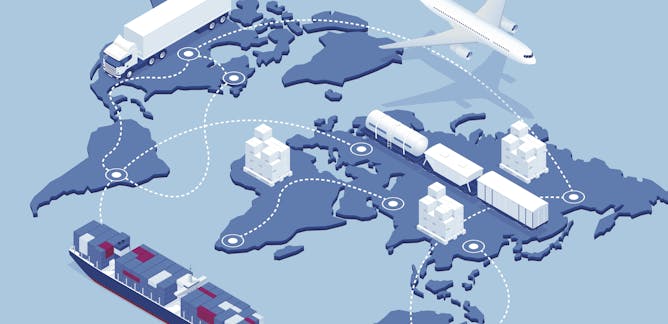
Richard Bruce, University of Sheffield
Supply chain finance is now in jeopardy.
| |
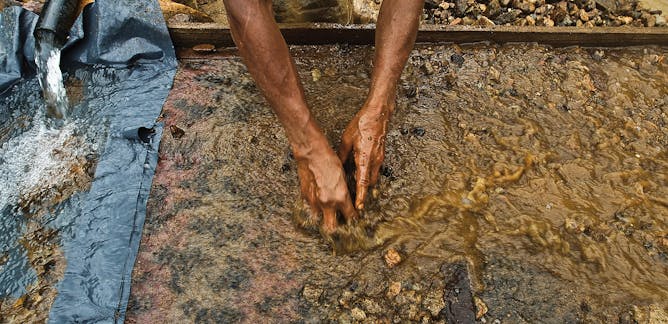
Richard Kwaku Kumah, Queen's University, Ontario
The devolution of small-scale mining decisions to municipal and district assemblies working in collaboration with traditional authorities is key to saving the industry in Ghana.
|
|
|
Politics + Society
|
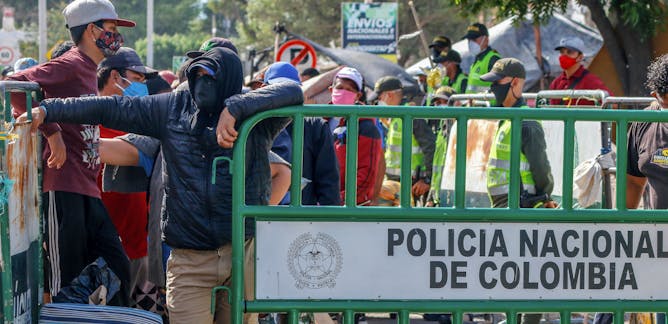
Erika Frydenlund, Old Dominion University; Jose J. Padilla, Old Dominion University; Katherine Palacio, Universidad del Norte
Though not a rich country, Colombia is unusually well equipped to handle mass migration because of its own history with political strife and displacement.
| |

Carol Ferrara, Emerson College
Strasbourg officials are within their right to allow public funds to be used to build what may be the largest mosque in Europe. But that hasn't stopped the backlash
|
|
|
Science + Technology
|
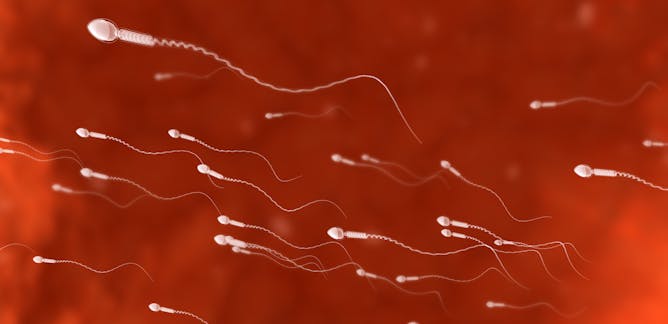
Alex Ford, University of Portsmouth; Gary Hutchison, Edinburgh Napier University
Our chemical environment appears responsible for an alarming plummet in sperm counts – in humans and in animals.
| |
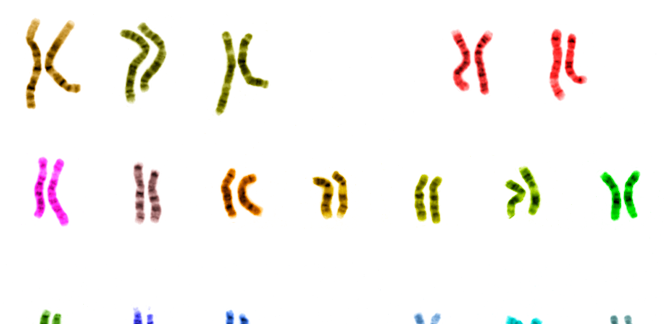
Xavier Bofill De Ros, National Institutes of Health
The first full human genome was sequenced 20 years ago. Now, a project is underway to sequence 1 million genomes to better understand the complex relationship between genetics, diversity and disease.
|
|
|
Energy + Environment
|

Andrew Plumptre, University of Cambridge
One-fifth of Earth's land could be restored to wilderness by reintroducing animals and improving management.
| |
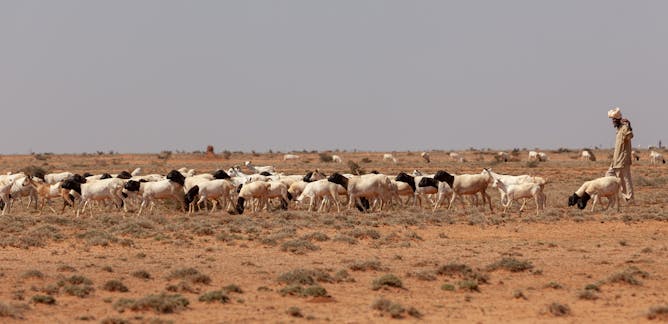
Andrew E. Yaw Tchie, Norwegian Institute of International Affairs
The federal government needs to address the relationship between climate-related realities and the country's national security.
|
|
|
En Français
|
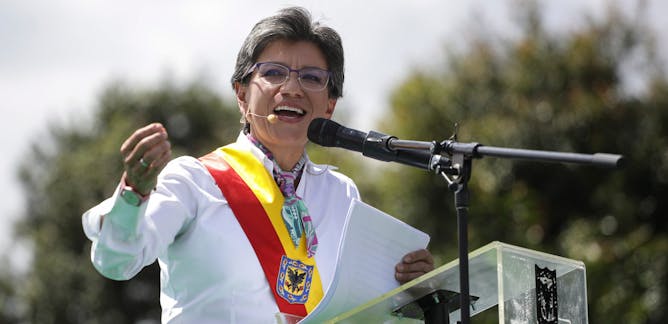
Priscyll Anctil Avoine, Université du Québec à Montréal (UQAM); Mairene Tobón Ospino, Universidad de los Andes
En Colombie comme ailleurs, l’utilisation des minorités comme bouclier politique afin de contrer les perceptions citoyennes sur la détérioration de l’efficacité gouvernementale est monnaie courante.
| |
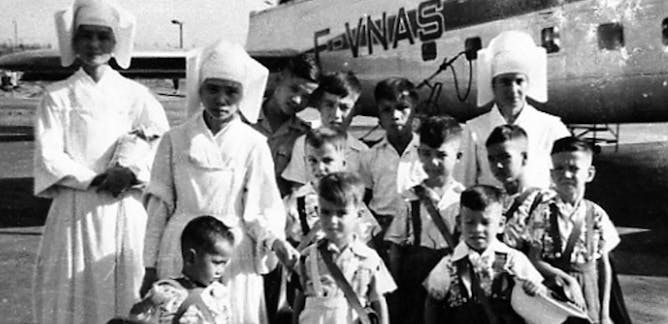
Yves Denéchère, Université d'Angers
Comme les « enfants de la Creuse », envoyés de Réunion en métropole dans les années 60 et 70, des milliers d’enfants métis ont été déplacés en France pendant et après la Guerre d’Indochine.
|
|
|